CONTACT US: 0919 058 5858 | 02 899 51920
CONTACT US:
0919 058 5858 | 02 899 51920

In the past, it was easy to shrug off a common cold, cough, headache, or mild fever. But with the onslaught of Omicron (another COVID-19 variant), experiencing these symptoms is a big no-no. What used to be simple symptoms are now dealt with more seriously because the new novel coronavirus variant displays similar symptoms.
These challenging times fortify the need for Filipinos to take better charge of their health starting with boosting the immune system. Vitamins from natural nutrients can make you stronger and lower the risk of diseases.
Here’s the continuation of 13 Essential vitamins that your body needs (Part 1).
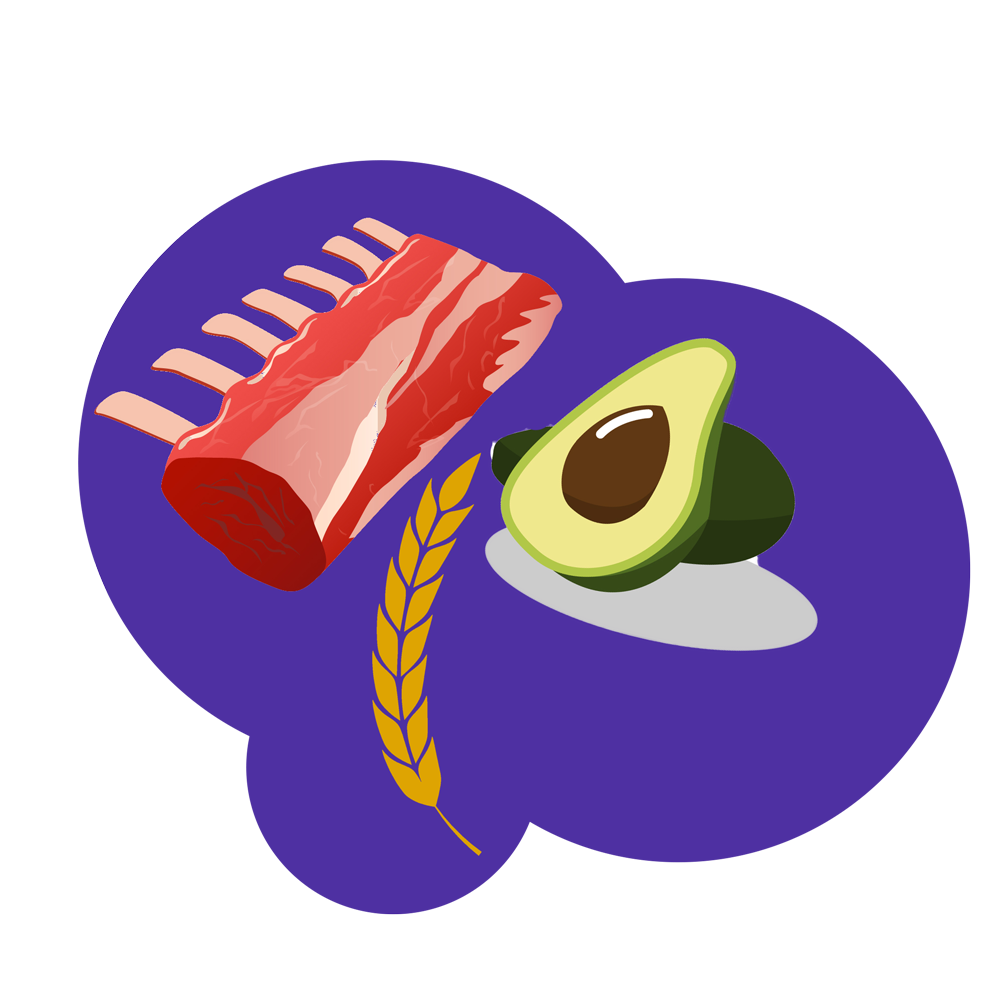
This water-soluble nutrient is responsible for helping the body produce energy and hormones. When you don’t have enough vitamin B5, you might experience a pricking sensation called paresthesia. It’s an unpleasant feeling (as if you are getting pricked by pins and needles on certain parts of the body).
Food sources: meats, whole grains, yogurt, avocado, broccoli


The body needs this water-soluble vitamin for the proper function of sugars, proteins, and fats. Vitamin B6 also plays a significant role in the development of the nerves, brain, skin, and other parts of the body. Getting the right amount of vitamin B6 can also improve mood and sleep quality. Vitamin B6 deficiency may lead to anemia and peripheral neuropathy.
Food sources: beef liver, nuts, tofu, legumes, squash

The prime role of this water-soluble nutrient is to metabolize proteins, fats, and carbohydrates. It also helps in the production of keratin, a structural protein in the hair, nails, and skin. Low levels of vitamin B7 may cause dermatitis or inflammation of the intestines.
Food sources: liver, cheese, egg yolk, broccoli, spinach

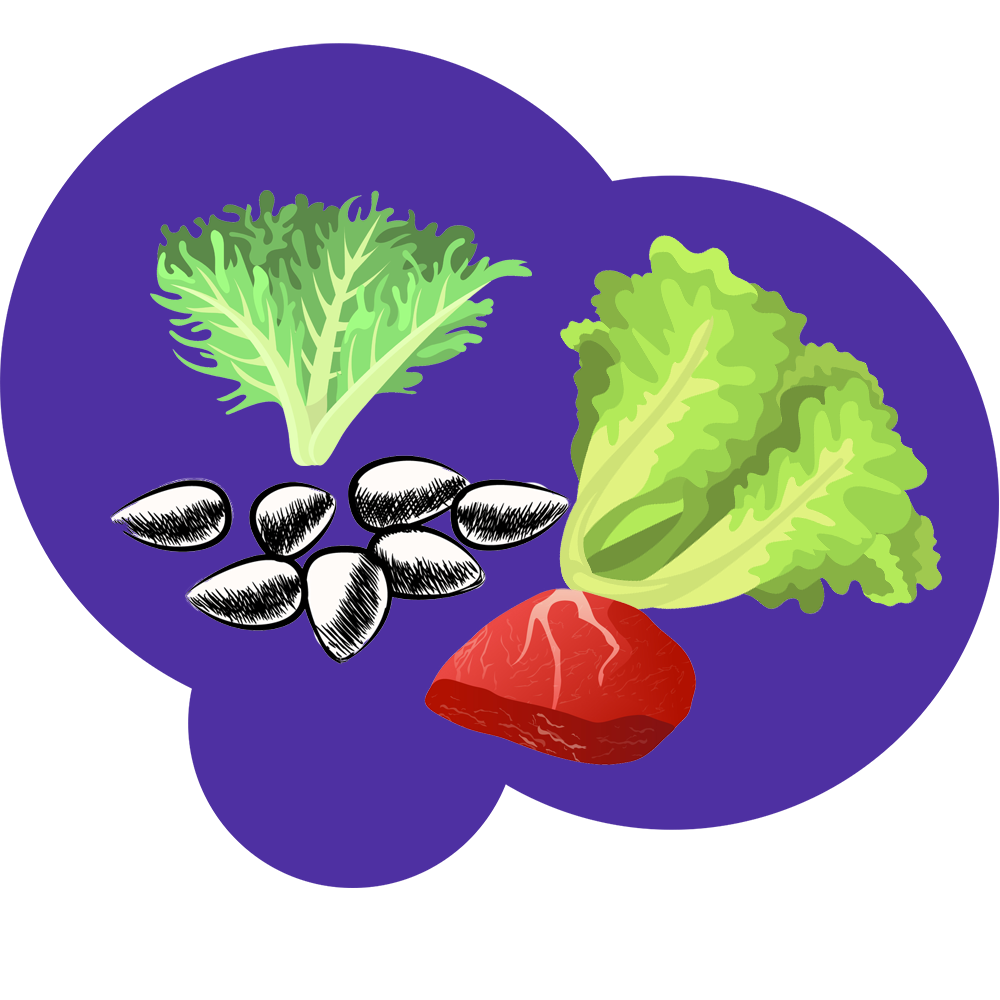
Folic acid is an important water-soluble vitamin during pregnancy because it helps in the making of DNA and RNA. According to the CDC, Vitamin B9 also helps prevent major birth defects including anencephaly (born without parts of the brain and skull) and spina bifida (a condition that affects the spine). Aside from the risk of birth defects, low levels of folate have been linked to stroke, heart disease, and certain cancers,
Food sources: leafy vegetables, legumes, sunflower seeds, liver, certain fortified grain products
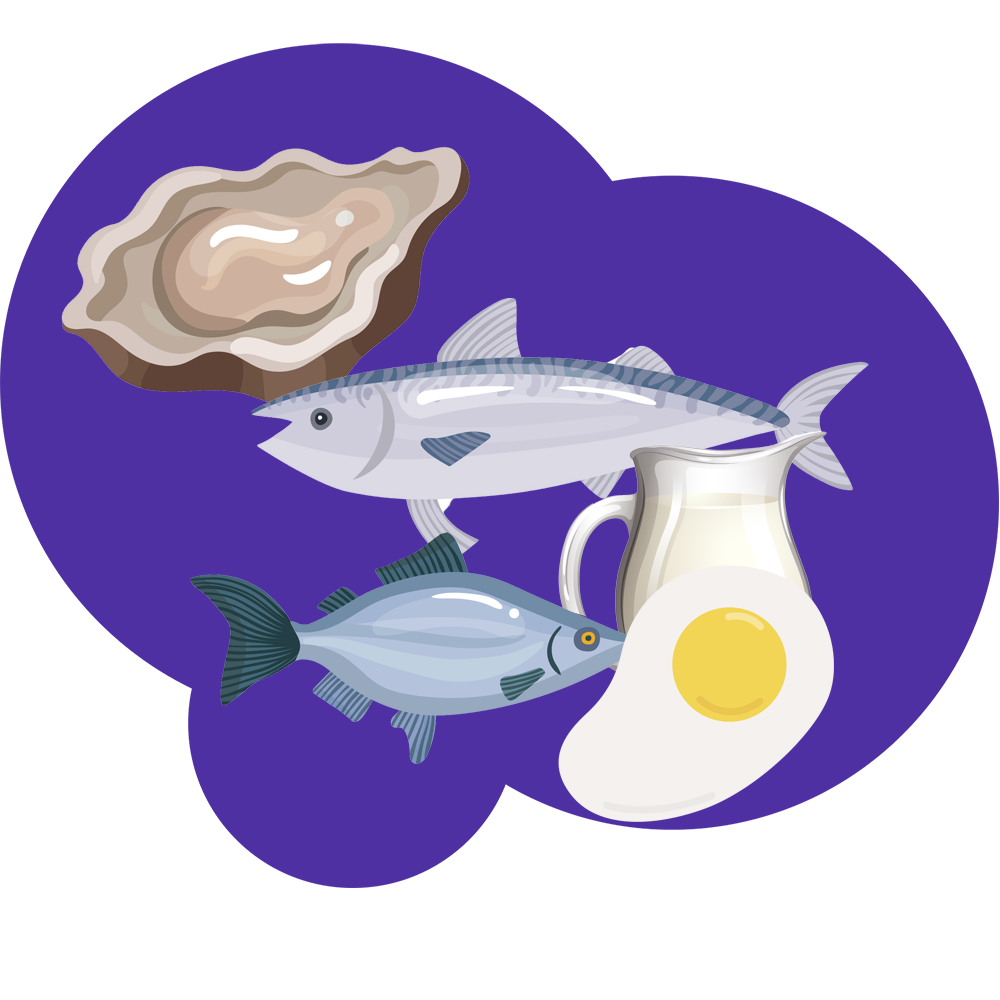
This water-soluble vitamin is essential for a healthy nervous system but the body cannot produce it on its own. It is naturally found in animal products. Vegans are recommended to take B12 supplements to avoid vitamin B12 deficiency. Low levels of vitamin B12 can lead to some types of anemia and trigger neurological problems.
Food sources: fish, shellfish, eggs, milk, other dairy products, poultry, meat, fortified soy products, fortified cereals, fortified nutritional yeast

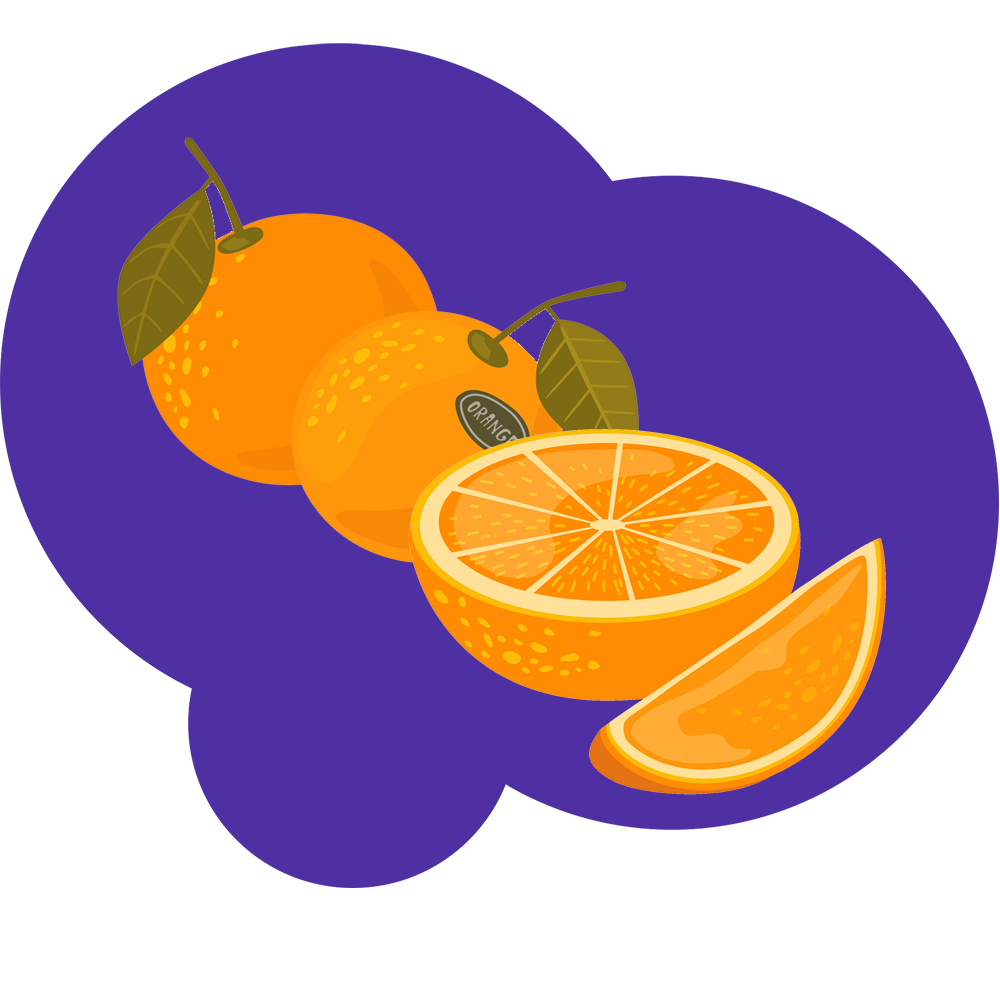
Vitamin C supports bone formation, collagen production, and wound healing. This water-soluble vitamin also helps boost the immune system and strengthen blood vessels. Other benefits include aiding the body to absorb iron and acting as an antioxidant. Vitamin C deficiency is linked to slower wound healing and poor tissue growth. It can also increase the risk of scurvy, a condition that causes bleeding gums and loss of teeth.
Food sources: various fruits and vegetables (caution: cooking fruits and vegetables can destroy vitamin C)
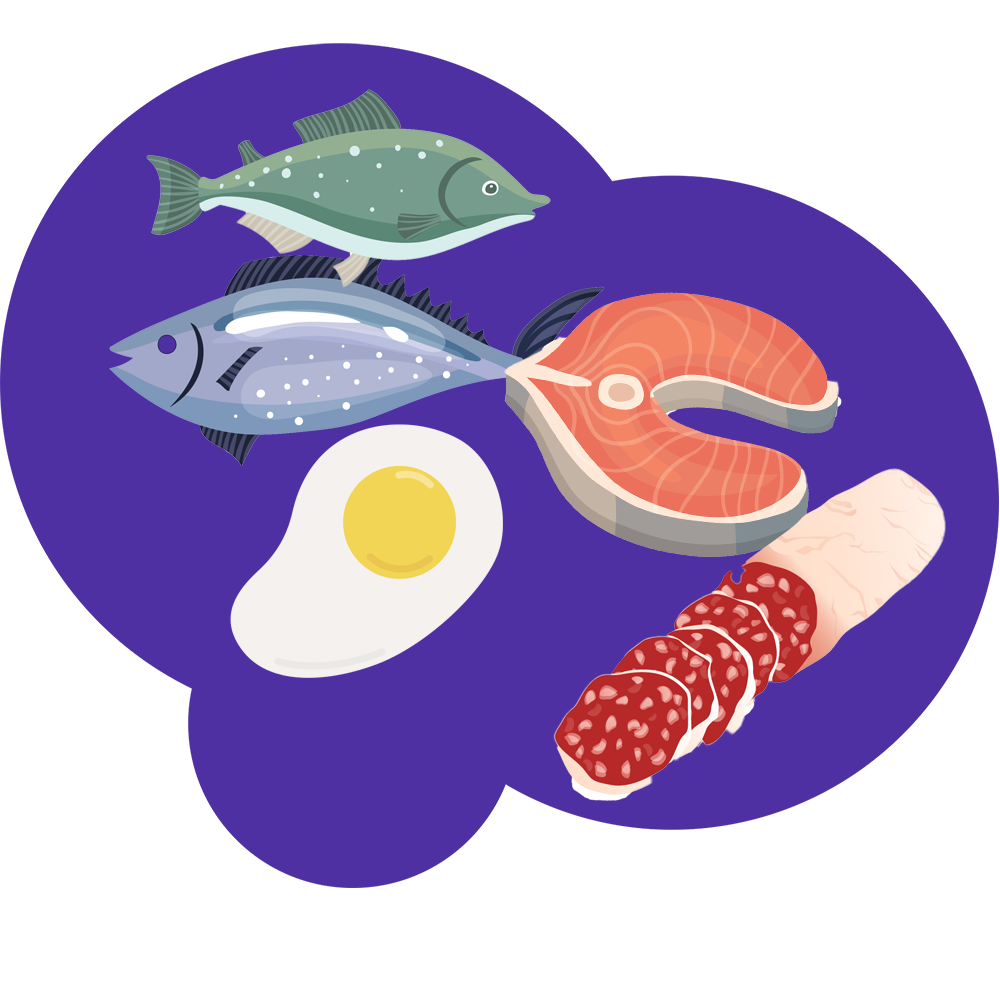
Did you know that sun exposure enables your body to produce vitamin D? This is why many Filipinos have developed the habit of exposing their newborn babies to mild sunlight, especially early in the morning. According to WebMD, your doctor may recommend limited exposure to sunlight if your baby has symptoms of mild jaundice. This fat-soluble vitamin is also essential in maintaining healthy teeth and bones. It may also safeguard you from certain diseases including type 1 diabetes. Vitamin D deficiency can lead to disorders that cause softening of the bones.
Food sources: eggs, fatty fish, beef liver, mushrooms

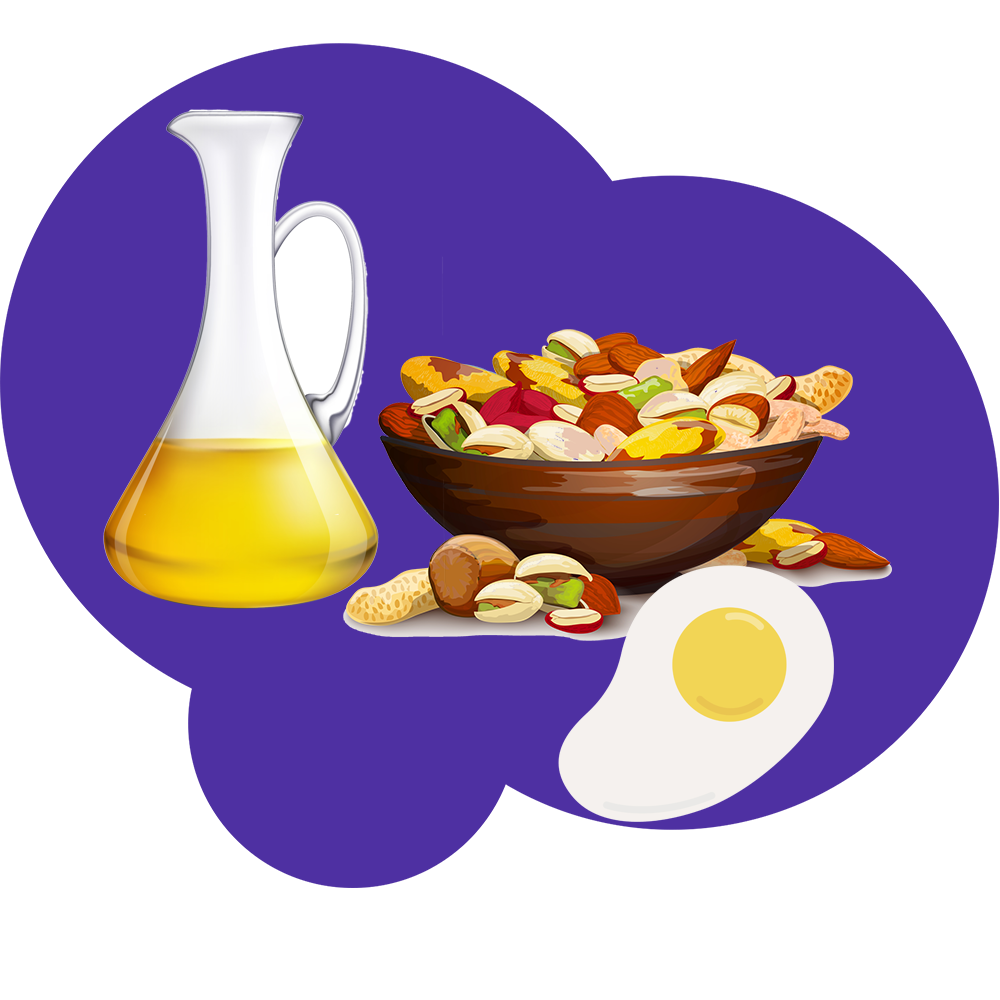
You are often exposed to free radicals which includes air pollution, cigarette smoke, and UV rays. Vitamin E, a fat-soluble nutrient, acts as an antioxidant that can help protect your cells from damages caused by these free radicals. Although vitamin E deficiency is rare, it can destroy blood cells.
Food sources: eggs, almonds, other nuts, wheat germ, kiwi, leafy greens, vegetable oils

This fat-soluble nutrient is essential for blood clotting and the building of the bones. Low levels of vitamin K can make an individual susceptible to bleeding.
Food sources: leafy greens such as kale and spinach, parsley, fig, pumpkin




Easy access health plan options for the Filipino community.
We know finding the right healthcare plan can be a complex and confusing task.
Our health plan specialists are always here to help 24/7.
Got more questions?